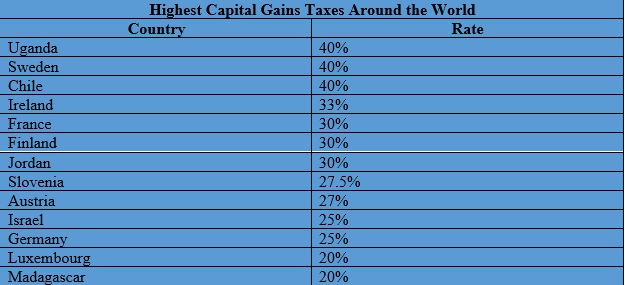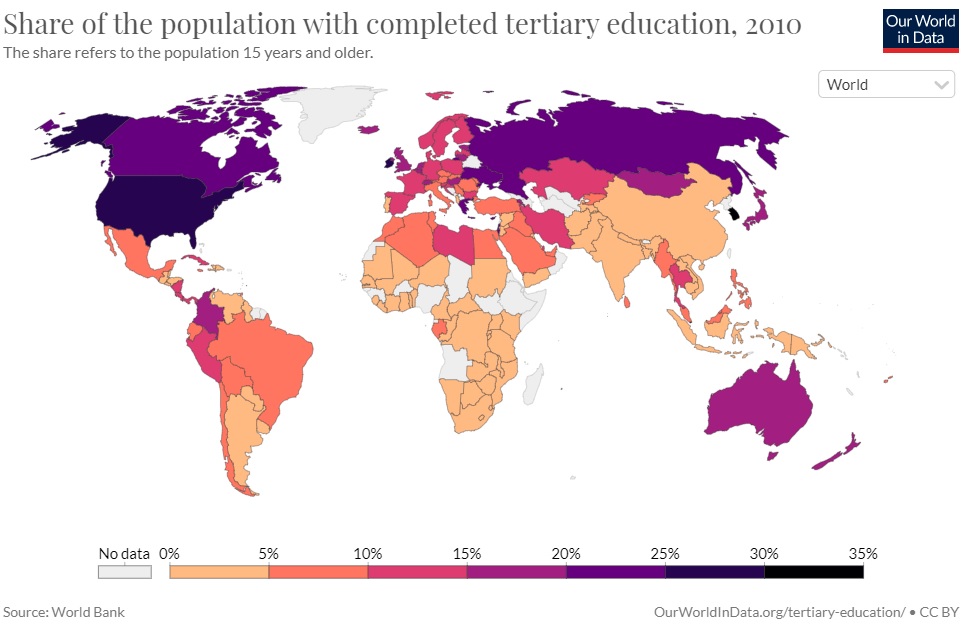You will likely be surprised to know that we have been in a decades-long vacuum feud. You will be less surprised to learn it started in college. What is a vacuum feud? It is, of course, a series of ongoing pranks that involve vacuums, including one hanging outside our window while plugged-in and running. We are somehow more proud of the fact that we have been involved in a long-running vacuum feud than by just about anything else in our life, perhaps even including having our book published (we assume you have ordered and now received Challenging China and are up to at least chapter 3).
We were reminded of the feud because yesterday was the birthday of the Aaron Burr to our Alexander Hamilton (or is it vice versa) and he informed us he has a Roomba. This reminded us of a number of years ago our friend housesitting for someone who had a Roomba and a dog. One day he walked into the house and it smelled terrible. He looked around and saw–and we hesitate to report this in a family newsletter–dog feces smeared everywhere. It turned out the dog had gotten into something, eaten it, got diarrhea and shortly thereafter the Roomba made its scheduled rounds, including using its baseboard cleaner, and smeared the dog feces…well, everywhere. Our luddite readers may view this story as a metaphor for what technology is doing to our world. We, however, are somewhat of a techno-optimist, a slightly worried one with eyes wide open—so we view it as an amusing anecdote about pets meeting technology, though granted we did not have to clean up the mess. Whether optimistic or not, we present for you a comparison of capital gains taxes around the world, more good news on the forthcoming malaria vaccine and China’s education and rural/urban divide. It’s this week’s International Need to Know, spreading information and data, but not like a Roomba, all over our world.
Without further ado, here’s what you need to know.
Capital Gains Taxes Around the World
The U.S. is considering raising the capital gains tax rate to 43.4 percent. We do not have strong opinions one way or another though we note in recent years the biggest challenge is not enough perceived investment opportunities by companies and individuals rather than not enough money to invest. But, we are curious what is the capital gains rate in other countries? Here is a list of the countries with the highest capital gains taxes in the world. Uganda, Sweden and Chile tie for the highest capital gains tax in the world at 40 percent. Interestingly, this is 3 percent less than the Biden proposal. So the U.S. would have the highest capital gains tax rate in the world if the proposal is approved by Congress. We don’t know if this is a good or bad thing but it’s always worth making comparisons to other countries. Ireland, France, Finland and Jordan all have rates at or above 30 percent. When we look at gross fixed capital formation* data in these countries, it increased in nearly all of them (pre-Covid). We remain agnostic about the proper rate for capital gains taxes, around the world or in America. Perhaps someone more steeped in the subject than we are will enlighten us. In the meantime, we are selling some stocks and buying real estate.
*A measure of the value of acquisitions of new or existing fixed assets by the business sector, governments and “pure” households (excluding their unincorporated enterprises) less disposals of fixed assets
Don’t Sleep on the Malaria Vaccine
Amidst many other under covered stories last week, including the massively under covered fact that the Biden administration committed a foreign policy blunder nearly as great as anything the Trump administration did by refusing to help India with its Covid-19 surge (which thankfully the Biden administration is now reversing), was news that the new mRNA vaccine for malaria is remarkably effective. The same researchers who created the Oxford/AstraZeneca Covid-19 vaccine that the U.S. is finally exporting to other parts of the world, also developed this malaria vaccine which has been found to be 77 percent effective in trials. A randomized, controlled, double-blind trial was conducted in Burkina Faso. “There were 450 participants, aged between 5 months and 17 months, who were split into three groups, with the first two groups receiving either a low dose or a high dose of the vaccine candidate.” This is a big deal. Malaria remains a big killer in Africa—more people died of malaria in Africa last year than from Covid-19. The disease retards economic development and, of course, is a big health hazard. Defeating malaria is a huge accomplishment and in a more rational news world, would have received far more attention last week, even in myopic, insular America.
Did you see the news about about a possible universal coronoavirus vaccine that would protect against variants, other coronaviruses and even the common cold (25% of common colds are due to coronaviruses)? The pandemic, as bad as it has been, has at least accelerated vaccine development and production.
China Corner: Urban-Rural Divide
One of the themes of our book, Challenging China, is that China faces some tough economic and social challenges and we need to recognize that as we develop strategies to deal with its increasing authoritarianism and expansionism. Among the challenges are the continued rural-urban divide and the low level of education for the country as a whole, and especially for the rural population. We’ve begun reading Invisible China: How the Urban-Rural Divide Threatens China’s Rise by Scott Rozelle and Natalie Hell. We were tipped to it by an excellent interview with Rozelle in China Talk. Rozelle notes that China “has one of the lowest levels of education on the planet, trailing nearly all middle-income countries in percentage of high school and college graduates.” Some argue this low level of education means China will be able to build up productivity easily and continue fast GDP growth. By increasing the number of educated, workers will be more productive. We argue in our book it won’t be that easy to do and even if they increase the percentage of educated it won’t lead to the high GDP growth they sustained in the past. But regardless of GDP, China needs to address the education gap and rural-urban divide. The percentage of the Chinese workforce with a college and high school education is remarkably low. How do you translate “Hillbilly Elegy” into Mandarin?




